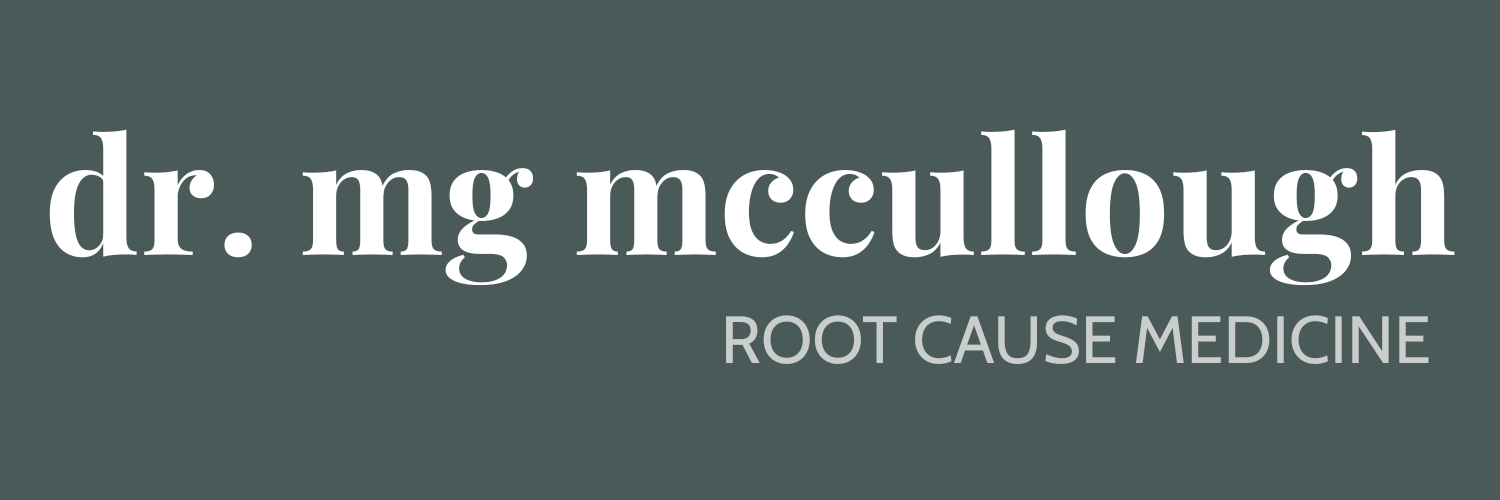eating with direction in mind
These days, there are so many health coaches, nutritionists, which is exciting to see more people paying attention to their diet, yet for as many people who engage in these programs, how many can manage this for life? I’ve noticed an increasing number of intuitive and ancestral eating coaches, so that’s encouraging, because you know what’s so strange to me?
Tracking & focusing on macros. Eliminating food groups. Having strict, restrictive diets for reasons other than extreme food allergies or intolerances. Do we really think this is any way to live? What if we focused on eating real, live food as much as possible?
Chinese medicine food therapy approaches diet (meaning what we eat rather than a specific way of eating) the same way it does acupuncture: it’s an energetic practice with directionality. All of our organs have a direction in which their qi flows, & when that qi gets out of balance, that’s when we notice problems.
For example, the stomach’s qi should move downward, so when we have hiccups or vomiting, that tells us our stomach qi is moving in the wrong direction. Granted, when we are vomiting, we’re very aware that we have a problem. But have you ever thought your hiccups were a sign of anything?
The stomach is like a slow cooker; it likes to be warm & wet. When we eat too much cold or raw food, this creates cold & dryness, which can upset the direction of qi, lending itself to hiccups (energy moving up, not down). Cold is usually thought to be the cause of hiccups, but ultimately, it’s a sign that our stomach qi is not descending, as it should.
Our spleen (the CM name for what encompasses metabolism) should direct energy up, so loose stools, diarrhea, or spotting is a sign that we have a problem with our spleen, because that is energy moving down. As a general rule, our bodies prefer warm & wet foods, because it best supports our bodies’ ability to carry out its functions, including to produce qi (energy).
All foods have directional energy, not just the stomach and spleen, and this is why it’s a risk to eliminate entire food groups; we need that directional energy to support the energy of our organs. Live food like vegetables, fruits, whole grains, and animal products—the basics, basically—all have an energetic direction and an affinity for each of the organs. Their color also plays a role in the energetic. For example, yellow and orange fruits and vegetables are especially supportive for the spleen and stomach, which is the earth element, whereas red foods offer particular support to the heart, the fire element. This is why it’s so important to focus on food that is alive.
In Fiber Fueled, by gastroenterologist Dr. Will Bulsiewicz, he encourages as much plant diversity in our diets as possible as a means to strengthen our gut microbiota. Modern clinical medicine now knows that 90% (90!!) of our serotonin is produced in the small intestine, which is a really interesting parallel to the Classical Chinese medicine understanding that the small intestine is responsible for differentiation—deciding what is right for ourselves, whether we’re following our own path in life or just following a prescription that doesn’t really fulfill us. And as we all know, the ability to be true to ourselves usually results in an increase in overall life satisfaction.
When we combine both eastern and western medical perspectives, what we see here is that we are saying the same thing, using different language: eating a variety of foods, mostly plants, and including whole grains, is the best way we can strengthen our gut, support our qi, and live happily and healthily.

